Final Fantasy VII Ever Crisis Hands-On Preview
When Square Enix originally announced Final Fantasy VII Ever Crisis, I thought that creating a streamlined experience of the Final Fantasy VII compilation seemed like a great idea. The main question that came to my mind, however, was how a game like that was going to work. Over the course of each Final Fantasy VII project there have been different gameplay elements and genres, like Final Fantasy VII being a turn-based JRPG while Dirge of Cerberus is a third person shooter. And then there’s Advent Children, which is a full-fledged movie, leaving me to wonder how that was going to translate. Unfortunately, after spending a significant amount of time with Ever Crisis during its recent closed beta test, these questions still float in my mind unresolved. Final Fantasy VII Ever Crisis is shaping up to be a well-designed gacha game, but I’m having trouble reconciling that with the attractive original pitch that was shared when it was first announced.
I got to play the beginning segments of Final Fantasy VII, Crisis Core, and the new story The First Soldier with several different levels that make up a single chapter. Each one can consist of combat and a small bit of exploration, but some only have cutscenes continuing the story. After getting a chance to ask the development team whether or not the entire Final Fantasy VII compilation was going to be covered, their response was that they couldn’t share any additional details on other works and as to whether or not they were being included.
Final Fantasy VII Ever Crisis is shaping up to be a well-designed gacha game, but I’m having trouble reconciling that with the attractive original pitch that was shared when it was first announced.
The most noteworthy thing to bring up for Final Fantasy VII fans is the third narrative that was a part of this beta, The First Soldier. This is the campaign that’s teasing the inclusion of a young Sephiroth. Outside of the opening cinematic, my time playing through the first two chapters left me empty-handed. The main cast includes three Shinra SOLDIERS; Glenn, Lucia, and Matt, who all crash land in a remote area. The three protagonists are a part of the SOLDIER Project: Project 0, which was a main lore point from the original First Soldier game, the now shut down battle royale. Why Square decided to name another story the same thing remains to be seen.
Combat is a combination of the original Final Fantasy VII and FF7 Remake. It’s turn-based, but both your team and the enemies will auto attack over time. There is also an ATB bar where your abilities and spells require a certain number of segments to use. Additionally there is an auto-battle button that allowed me to step away while I was grinding for materials and other items. It’s a relatively straightforward system, but the new sigil and shift mechanics add a new layer of strategy to building your party and approaching each battle.
Combat is a combination of the original Final Fantasy VII and FF7 Remake.
Some encounters include enemies that prepare a devastating attack while the fight continues on. Certain skills will have a sigil marked on its select tile, and after using it enough and marking the sigil to zero, the enemy will be staggered – giving the party time for an all-out assault. The shift system is pretty simple, but can be crucial to your success in battle. By being in the attack shift you will deal more damage, and more sigils added to an attack while defense shift you deal less damage, but you take less and healing is more effective. There were definitely times where I was saved from death after switching to defense when I didn’t have enough time to heal my party. It is also satisfying to unleash all my limit breaks at once while I’m in attack mode.
Rummaging through the menus can prove tiresome, because just about every single thing you want to do will take you to another screen to do it. It’s most egregious when you want to enhance your gear. Whether it was my weapons or materia, I had to go to separate areas to do it, and there were no shortcuts. If I was customizing my party and switching things around, there was no upgrade button from that screen. I had to go back to the main menu and choose the enhance screen from there, which took several extra steps for something that should be readily available. This never failed to be frustrating.
Final Fantasy VII Ever Crisis so far checks all the boxes you would expect from a premium gatcha game, but there are definitely some updates that could make the menu interface go a lot smoother.
Weapons are unlocked through Ever Crisis’s draw system. By using tickets that can be earned through gameplay (and are likely purchasable at launch) I was able to pull a wide variety, including the special weapon that was being promoted. Even though weapons will have different strengths and weaknesses when it comes to their stats, it is really the ability that determined whether or not I would equip it to a party member. For example: Cloud’s iconic Buster Sword had Braver as its ability, while the Murasame sword that I received had Thunderstrike. Aerith, on the other hand, had a staff with a Curaga Burst, and what made me want to prioritize that ability over a curaga spell from materia is that not only does it heal my whole party, it went off instantly instead of preparing the cast like other powerful spells would.
Final Fantasy VII Ever Crisis so far checks all the boxes you would expect from a premium gatcha game, but there are definitely some updates that could make the menu interface go a lot smoother. The lack of controller support also feels like a major misstep. If a high-quality and high-budget gacha mobile game is what you’re looking for, then I think you will enjoy your time with it. I had fun myself despite the significant interface issues. However, if you were hoping that Ever Crisis would be the game to help give you a quicker overview of the Final Fantasy VII series I suggest looking elsewhere.
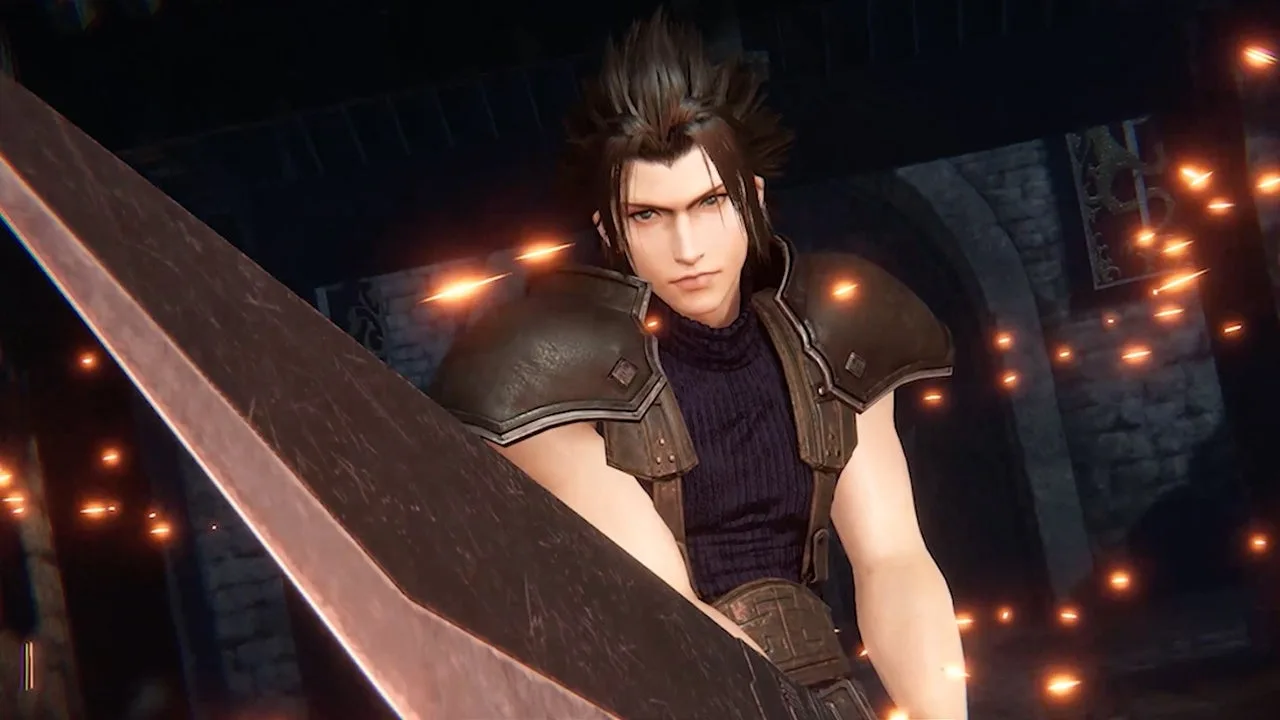
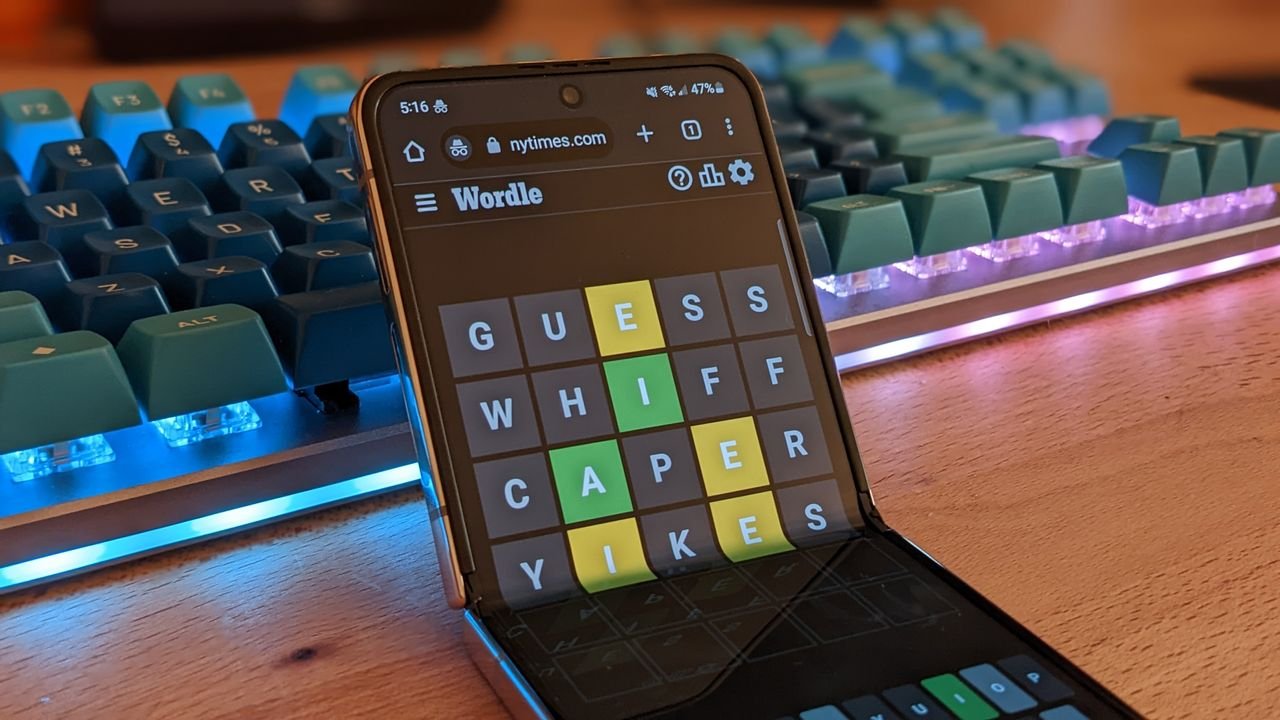
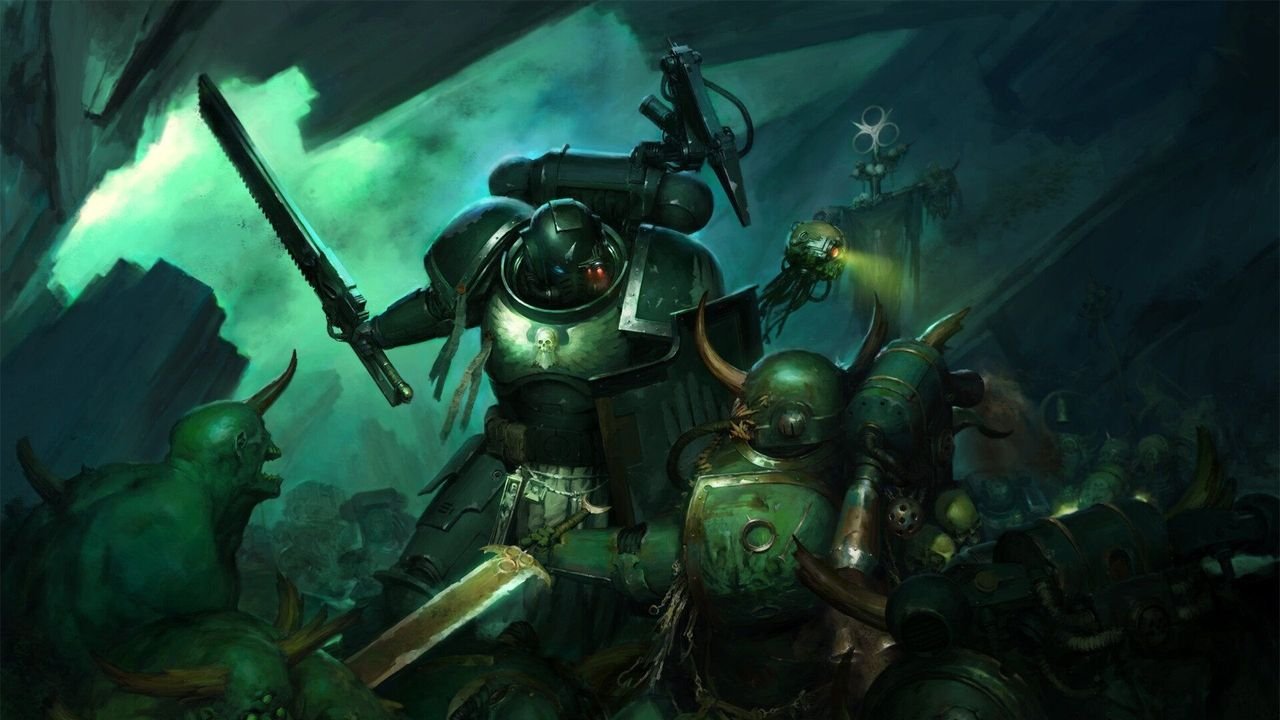
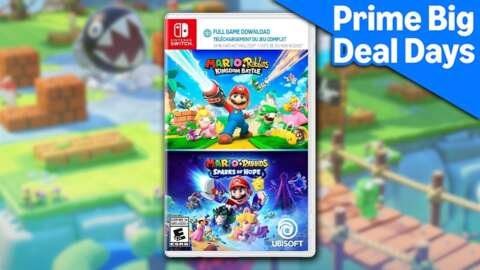


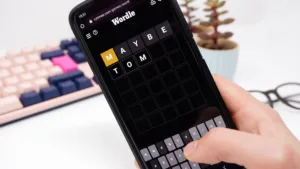
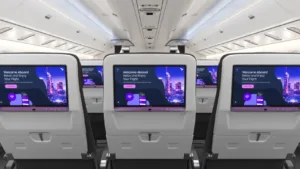
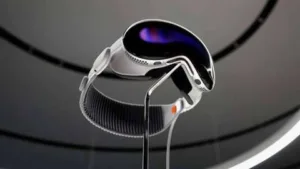
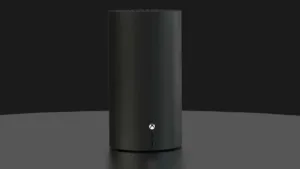

Post Comment